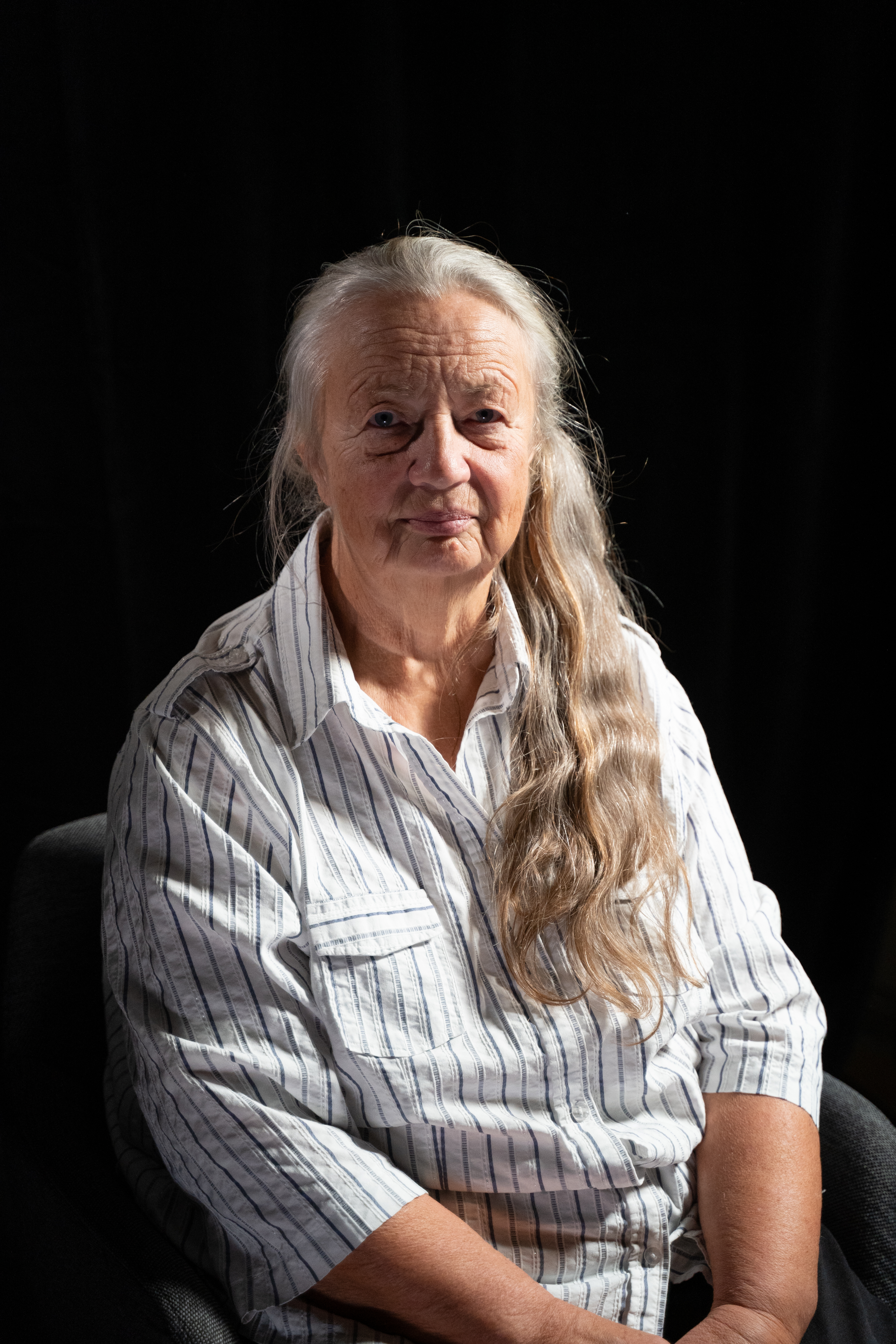From the concentration camp to the punishment battalion

Stáhnout obrázek
Heiderose Gläß, née Schneider, was born in 1951 in Aue. Her parents, Alfred Schneider and Hedwig Herzig, grew up in social democratic families in Silesia. Alfred Schneider joined the SPD [Social Democratic Party Germany] in 1928 and was involved in the miners’ union. Even though all unions were banned by the Nazi regime in 1933, Alfred Schneider continued his involvement by distributing newspapers and leaflets. In the winter of 1933/1934, he was arrested by the Gestapo, tortured and imprisoned in various prisons and concentration camps until 1937. At the beginning of the Second World War, Alfred Schneider was deemed “unworthy of military service” because he was a former political prisoner. Only when the tide of the war changed and Germany needed more soldiers, he was drafted in 1942 into a penal military unit alongside many other political dissidents. They were mainly used as cannon fodder in the North African campaign. Alfred Schneider was quickly taken captive by American soldiers and spent the remainder of the war in a POW-camp in Texas. He returned to his family in Silesia in 1947 but only for a few weeks – soon, the Schneider family was expelled from Silesia as it belonged now to Poland. They moved to Aue in the mountains Erzgebirge where he continued to work as a miner. His wife became very involved in local politics of the GDR and Alfred Schneider talked oftentimes in schools about his experiences of persecution in Nazi Germany. In 1951, their daughter Heiderose was born who grew up to became a teacher and later followed in her parents’ footsteps by working in politics. From 2009 until her retirement in 2014, she was a member of the Saxon parliament for the party “Die Linke”.

